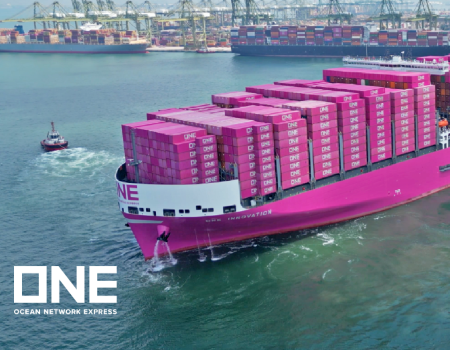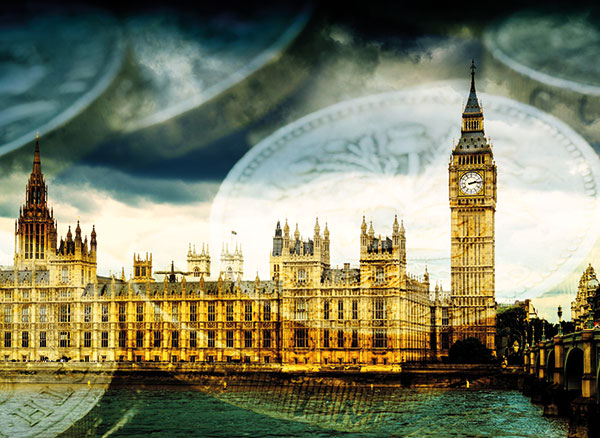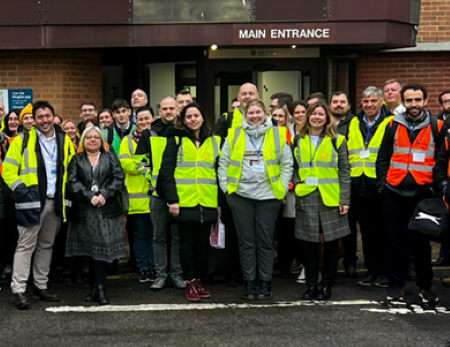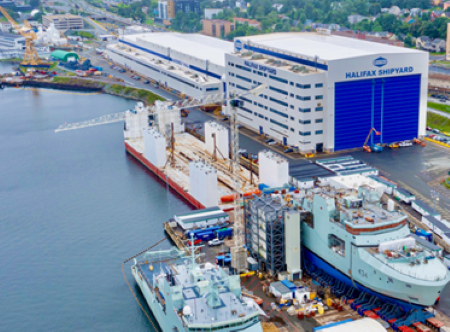CBI President Paul Drechsler discusses the important role of big infrastructure projects in the United Kingdom and why they are needed now more than ever
Building a new runway in the South East would send the world the clearest signal yet that the UK is open for business.
Even the Government recognises it’s necessary – but recently it announced the decision will be delayed yet again. Without this project, we risk losing out on over £30 billion of trade with the fastest growing market economies of Brazil, Russia, India and China – and our European rivals would reap the benefits.
Our analysis shows that by 2030 better capacity would see German trade growing by £15 billion, and French trade by £7.5 billion – trade that could and should be coming here. And while we’re staring at the departures board, airports across Europe are already building routes with emerging markets in places like Xiamen, Wuhan, Hangzhou and Shenyang, along with other fast-growth destinations like Mexico, Indonesia and Turkey.
Again, our loss would be their gain.
But this doesn’t need to happen. If Theresa May makes a decision with a clear timetable for action immediately after entering Downing Street, construction could begin by 2020. This new direction and the building of a new runway would demonstrate to Britain’s workers, makers, exporters and investors that the EU referendum vote has made a difference to the UK’s eagerness to trade.
In fact, now more than ever we need to invest in big infrastructure projects, like a third runway for Heathrow, to show the world the Brexit vote does not mean we’re turning inwards – but that we are open to new economic opportunities from Europe and around the world.
After all, we already have a lot to shout about. On rail, we’re seeing the biggest investment programme since Victorian times – almost £40 billion in this parliament – and a further £15 billion is being pumped into upgrading and improving our roads. Almost £15 billion is being invested on Crossrail, the new high frequency, high capacity rail network for London and the South East, which is not only Europe’s largest infrastructure project, but is set to be delivered on time and on budget.
And construction could start on another unsung hero of British infrastructure – the new high speed rail network HS2 – as early as 2017.
But there is still room for improvement. The government’s target of one million new homes by 2020 relies on home ownership to achieve this – when what we need is a housing policy that supports everyone, whether they decide to buy or rent.
Energy is another example. By phasing out support for on-shore wind farms, the government is getting rid of one of the cheapest forms of renewables. The chance of a blackout last winter was the highest it’s been for a decade – so you see why this matters. When it comes to energy policy, we need long-term decisions which create the stability we need.
While we welcome the creation of a National Infrastructure Commission – the reality is business won’t judge it by the number of recommendations it makes, but by the amount of action government takes.
For centuries we’ve looked beyond the confines of our island to the global opportunities the world can offer. Now is no time to turn our backs on this great tradition, whether for planes, trains or automobiles, making those key infrastructure decisions is more important than ever, sending out the signal – loud and clear – that Britain is still ‘open for business’.








